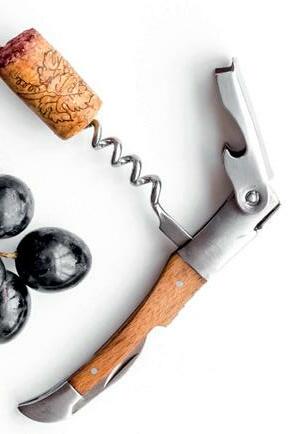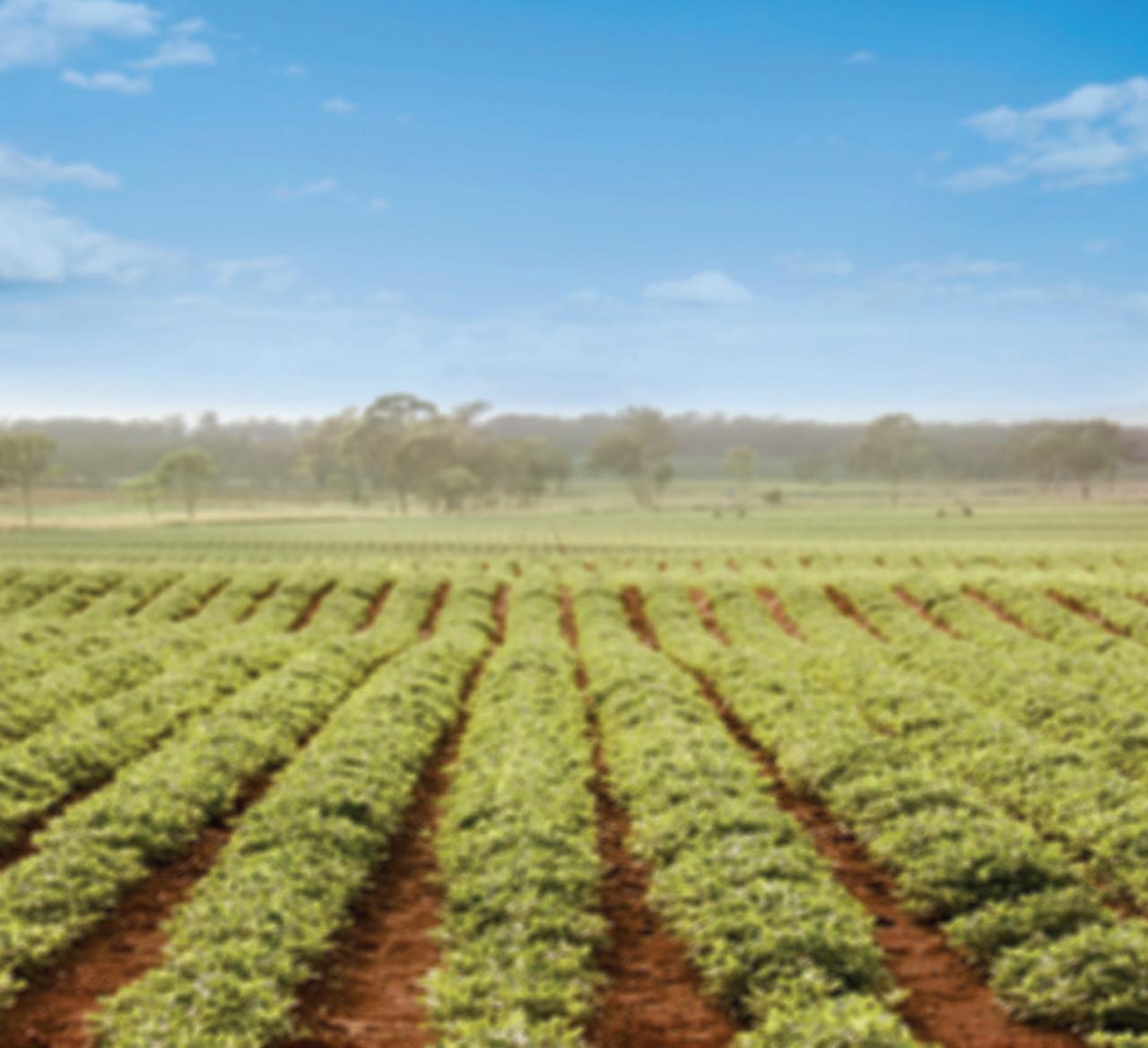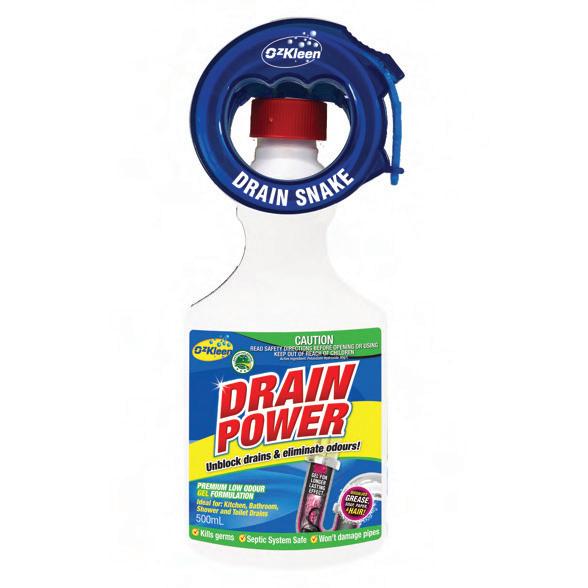
3 minute read
VEGAN WINE
SO WHAT MAKES A VEGAN FRIENDLY WINE, VEGAN?
CONSUMER INTEREST IN VEGAN WINES IS GROWING, WITH VEGANFRIENDLY WINES SHOWING UP IN MANY SUPERMARKETS AND GOOGLE SEARCHES FOR “VEGAN WINE” SOARING IN RECENT YEARS.
It may seem surprising at first that not all wines are ‘vegan friendly’, given that wine is made by fermentation of grapes and finishing up in a bottle, cask or can.
LETS FIND OUT »
CONVENTIONAL WINEMAKING In conventional winemaking, additions and manipulations can be extensive. There are about 40 processing aids and 19 additives approved for use in Australia. The intention is to create a wine that meets specific target markets. The critical step from a vegan perspective is the final step of finishing the wine prior to bottling. Wines are routinely tasted prior to bottling. It’s often at this stage that a decision to add a protein to manipulate the taste profile of the wine or to clarify or stabilise the wine.
NOW HERE’S THE PROBLEM FOR VEGANS In current winemaking practice, the proteins in use include gelatine, sourced from either bovine or porcine collagen, or isinglass, sourced from fish swim bladder, egg white and milk, either fresh or powdered casein. Simply put, the use of these animal products makes the wines unacceptable to vegans. ALTERNATIVES TO ANIMAL PROTEINS? Proteins derived from plants would appear to be an obvious alternative and while some are available commercially, most work is still in the research stage. Obtaining regulatory approval across international markets is a significant barrier to the commercialisation of new products for use in wine. The desire to satisfy the expanding vegan-friendly market will undoubtedly drive the development of suitable products. THE LABELLING QUESTION Australia has comprehensive rules regarding wine labelling, including the need to specify allergens. This includes milk and eggs, but not the other animal-derived fining proteins. This can cause considerable uncertainty when selecting wines that are vegan-friendly. Some wine labels now have a statement such as “this wine has been treated with fish product and traces may remain”. Increasingly, wines are now labelled as “vegan-friendly” or “no animal products were used in the preparation of this wine”.
THE TASTE TEST At a recent tasting of organic and biodynamic wines, some I presented were made by the conventional method, while others met the vegan-friendly criteria. The general comment after the tasting was: I couldn’t tell the difference. A work of caution. ‘Organic wine’ commonly refers to the grape growing practice while the winemaking may follow the conventional practice. My advice is to explore with an open mind, read the label carefully and enjoy the many options now available.

This article is based on a column published in The Conversation on 17 January, 2022, entitled ‘What makes a veganfriendly wine vegan? And how’s it different to conventional wine?’. The modifications have been made by the author of the original piece Geoff Scollary, Adjunct Professor at Charles Sturt University. The full original piece can be found at https://theconversation.com/what-makes-a-vegan-friendly-wine-vegan-and-hows-it-different-to-conventionalwine-174468
















